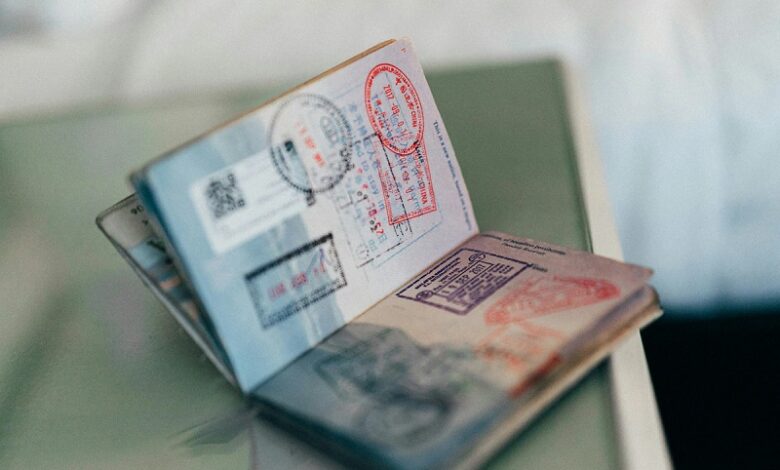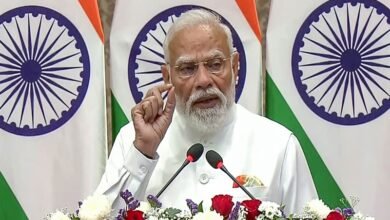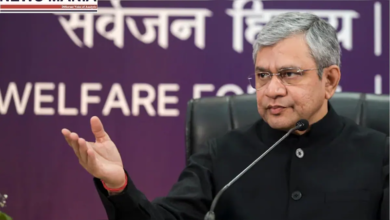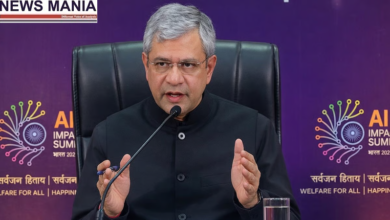
Indians eyeing business prospects in European countries have reason to rejoice as the European Commission recently introduced tailored rules governing the issuance of multiple entry visas for Indian nationals, presenting a more accommodating alternative to the existing Visa Code regulations.
Under this new visa regime, dubbed the “cascade” system, Indian nationals residing in India seeking Schengen (short-stay) visas will benefit from streamlined access to visas with extended validity, provided they possess a documented travel history and their passport meets the necessary validity requirements. Schengen visas afford holders the privilege of unrestricted travel within the Schengen area for short stays of up to 90 days within a 180-day period, albeit without authorization to engage in employment activities.
Specifically, Indian citizens can now obtain long-term, multi-entry Schengen visas valid for a period of two years upon satisfying the condition of acquiring and lawfully utilizing two visas within the preceding three-year timeframe. Subsequently, upon continued compliance and contingent upon the passport’s remaining validity, recipients of the two-year visa may transition to a five-year visa. Throughout the duration of these extended visas, holders enjoy travel privileges akin to those of visa-exempt nationals.
The Schengen area, comprising 29 European countries, including 25 EU member states, offers a diverse landscape for travelers, encompassing Belgium, Bulgaria, Croatia, Czech Republic, Denmark, Germany, Estonia, Greece, Spain, France, Italy, Latvia, Lithuania, Luxembourg, Hungary, Malta, Netherlands, Austria, Poland, Portugal, Romania, Slovenia, Slovakia, Finland, and Sweden, alongside Iceland, Liechtenstein, Norway, and Switzerland.
This progressive decision by the European Commission underscores the evolving dynamics of EU-India relations, particularly within the framework of the EU-India Common Agenda on Migration and Mobility. This collaborative initiative aims to foster comprehensive cooperation on migration policy, with a particular emphasis on enhancing people-to-people interactions. Facilitating ease of travel for Indian nationals is a pivotal aspect of this agenda, reflecting India’s significance as a strategic partner for the European Union.
The adoption of the “cascade” visa system signifies a concerted effort to bolster bilateral ties and promote cross-border mobility between India and the EU. By offering simplified visa procedures and extending visa validity periods, the European Commission aims to enhance the accessibility and attractiveness of European destinations for Indian travelers, thereby fostering greater economic and cultural exchanges.
In addition to its immediate benefits for business travelers, the enhanced visa opportunities hold broader implications for tourism, trade, and investment between India and Europe. By facilitating seamless travel experiences and reducing administrative barriers, the new visa regime is poised to stimulate greater engagement and collaboration across various sectors, bolstering mutual prosperity and partnership.
Furthermore, the streamlined visa procedures align with broader efforts to promote international cooperation and connectivity in an increasingly interconnected world. By promoting inclusivity and facilitating cross-border mobility, the European Commission’s initiative contributes to the realization of a more open, interconnected global community, underpinned by shared values and aspirations.
European Commission’s adoption of the “cascade” visa regime represents a significant milestone in EU-India relations, signaling a commitment to deepening collaboration and fostering greater people-to-people exchanges. As Indian nationals benefit from expanded visa opportunities and enhanced travel facilitation, the stage is set for closer ties and increased cooperation between India and Europe across diverse domains.






